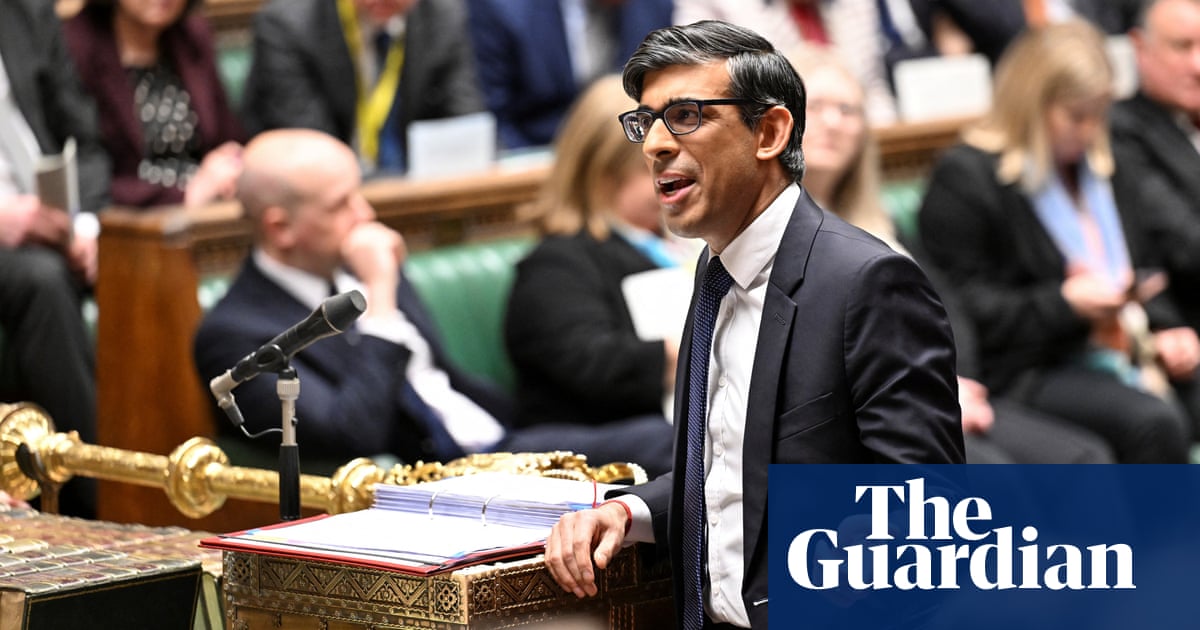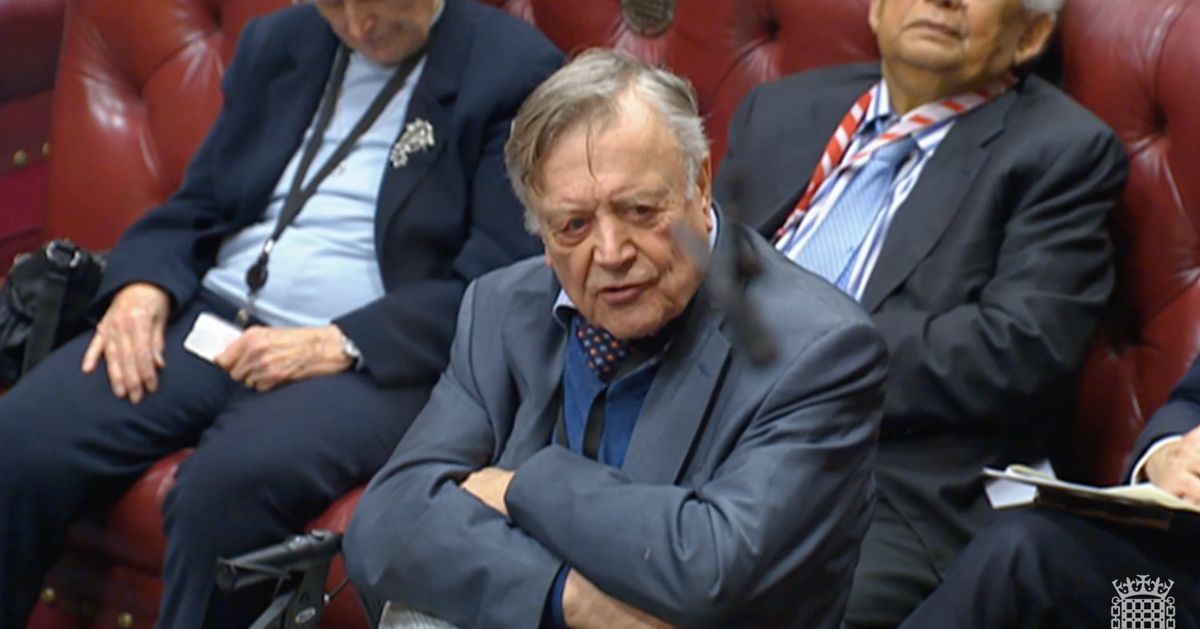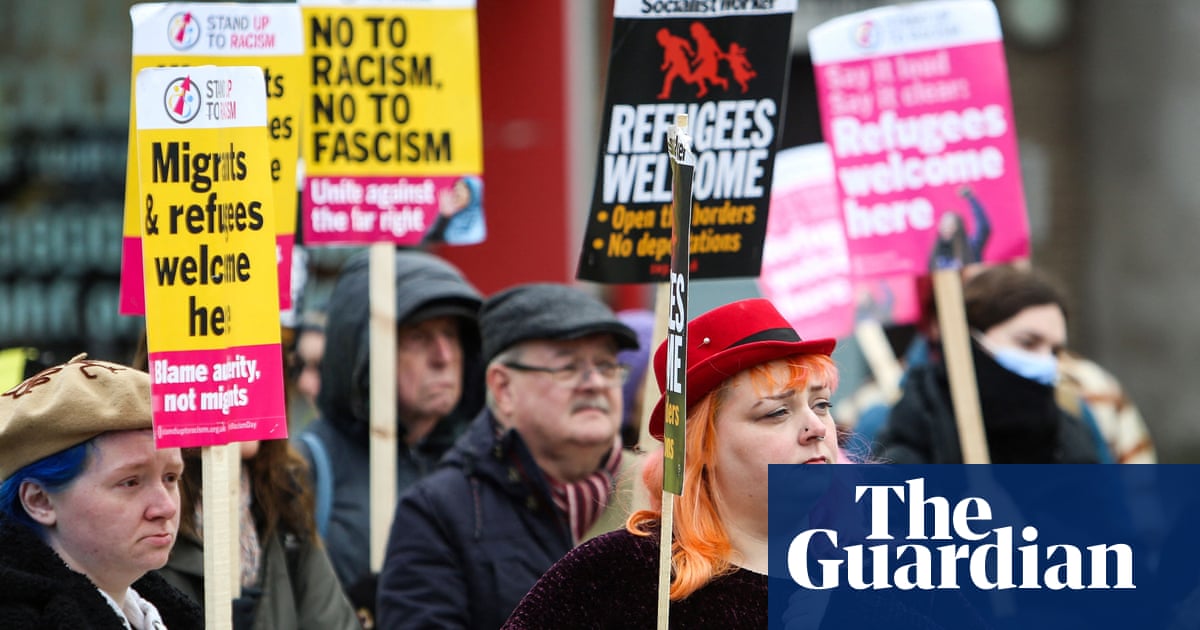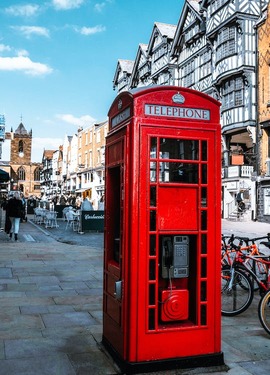

It’s more than just a product of it - it’s the main factor.
Over the last half century or so, the UK has experienced around 200 civilian deaths from Islamic terrorism and around 2,000 civilian deaths from Irish terrorism. Which community do you think the far-right in the UK tend to target?






















I’m all for appropriately punishing people for the crimes they commit. But we usually don’t deprive solo-nationality citizens of their citizenship (leaving them stateless) for the crimes she is accused of - this is a punishment that is only being applied to UK (including UK-only) nationals who have recent foreign ancestors (i.e. so who could hypothetically - but often not in practice - be eligible for another country’s citizenship - in her case, Bangladesh). We also don’t usually apply extreme punishments like this to people for crimes committed as children, and we don’t usually punish children who were groomed and sex trafficked by terrorists as if they were the perpetrators.
The reality is that if Shamima Begum was a blonde-haired blue-eyed white girl whose parents and grandparents were all from Surrey, the media would have described her as a victim of sex trafficking; and the law that permits this punishment to be applied to her could not even have been used.
The legal system should not treat UK citizens differently according to whether or not the Tories think they look a bit foreign.